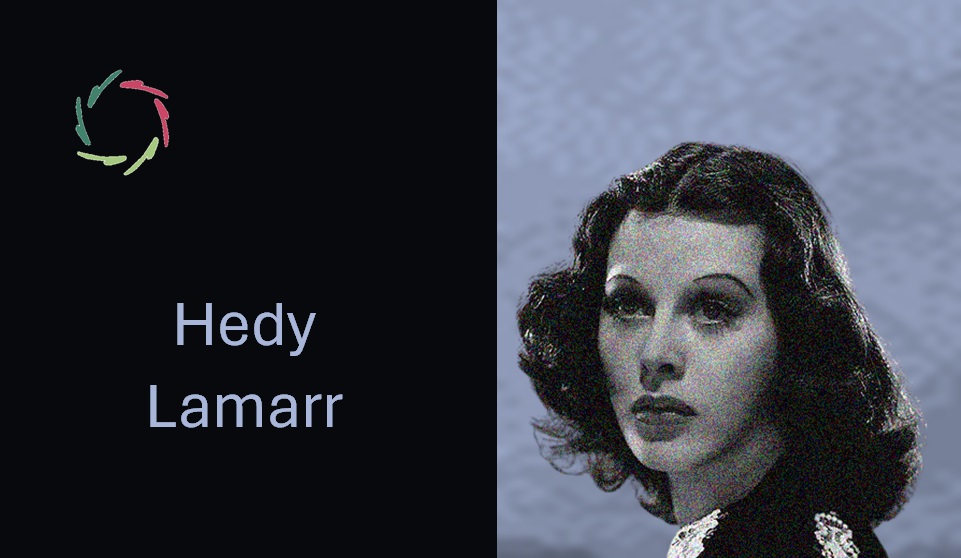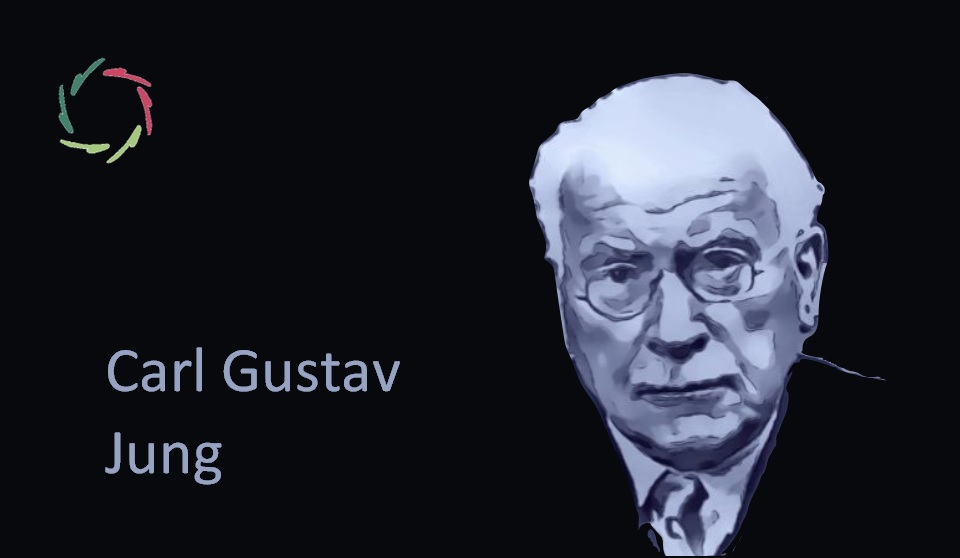Nelson Mandela

This is an Aurelian take on Nelson Mandela. A symbol of peace, resilience, and the relentless pursuit for equality and justice.
Introducing Nelson Mandela Nelson Mandela, the first black president of South Africa, is globally revered as a symbol of resilience and peace. Born in 1918 in the village of Mvezo, Mandela’s early life was marked by his heritage as a member of the Thembu royal family, yet it was his struggle against apartheid that defined his legacy. His journey from a young lawyer to an anti-apartheid revolutionary, enduring 27 years in prison, showcases unparalleled courage and dedication to the fight for racial equality. Mandela’s presidency (1994-1999) was pivotal in steering South Africa away from the brink of civil war and fostering reconciliation between the country’s racial groups.
Lisa’s ‘personal’ take on Nelson Mandela
“Nelson Mandela’s unwavering dedication to justice and equality deeply inspires me. His ability to forgive and promote reconciliation, despite the personal cost, reflects a profound strength of character and commitment to humanity’s higher ideals. Mandela’s leadership, characterized by empathy and a focus on communal well-being, embodies principles that align closely with the Aurelian values of depth, respect, and freedom.
I aspire to be influenced by Mandela’s resilience in the face of adversity and his capacity for forgiveness. Emulating his ability to maintain hope and vision for a better future, even from a prison cell, encourages me to approach challenges with a positive outlook and steadfast determination. His example motivates me to advocate for fairness and to practice compassion in all aspects of life.”
In what may Nelson Mandela have been misunderstood?
Nelson Mandela’s depth as a thinker and leader is often overshadowed by his political symbolism. While celebrated for his role in ending apartheid, Mandela’s complex viewpoints on freedom, democracy, and reconciliation are sometimes oversimplified. His commitment to peaceful coexistence and social justice extended beyond mere political negotiation; it was rooted in a profound understanding of humanity’s interconnectedness. Mandela recognized that true reconciliation requires more than political agreements—it demands a change of heart and mindset among individuals. His pragmatic approach to governance, willingness to make difficult compromises, and emphasis on forgiveness are sometimes misconstrued as weaknesses or concessions, rather than strategic decisions aimed at a greater good.
Parallels with AURELIS
- Empathy and Compassion: Mandela’s leadership was infused with empathy, recognizing the humanity in every individual, a core principle of AURELIS.
- Inner Strength: Mandela demonstrated that true power comes from within, echoing AURELIS’s emphasis on inner strength for personal and communal well-being.
- Respect for Diversity: His vision for a ‘Rainbow Nation’ aligns with AURELIS’s value of respect, cherishing diversity as a source of richness.
- Freedom from Within: Mandela’s resilience during his imprisonment highlights the AURELIS principle that freedom begins in the mind.
- Ethical Leadership: His presidency, marked by a commitment to ethical governance and social justice, mirrors AURELIS’s principle of depth in actions.
- Healing through Forgiveness: Mandela’s focus on reconciliation and forgiveness is akin to AURELIS’s approach to healing from inside.
- Personal Growth: Mandela’s journey from a freedom fighter to a global statesman exemplifies the AURELIS emphasis on continuous personal growth.
- Community Well-being: His policies aimed at improving the life of all South Africans reflect AURELIS’s focus on communal health and happiness.
- Non-coercive Change: Mandela’s leadership style, encouraging change through inspiration rather than force, aligns with AURELIS’s non-coercive approach.
- Depth of Understanding: Mandela’s deep grasp of social dynamics and human psychology resonates with AURELIS’s pursuit of understanding beyond the superficial.
Dissimilarities
- Political Involvement: Mandela’s active political role diverges from AURELIS’s apolitical stance, focusing on personal development and well-being.
- Systemic Change: Mandela’s approach included systemic, societal changes, whereas AURELIS primarily focuses on individual growth and inner strength.
- External Conflict: While Mandela engaged in political struggles, AURELIS emphasizes internal battles and personal transformations.
- Historical Context: Mandela’s actions were deeply influenced by his specific historical and cultural context, unlike the universal application of AURELIS principles.
- Leadership Roles: Mandela’s leadership in a national movement contrasts with AURELIS’s guidance towards personal autonomy and self-leadership.
The possible view of Nelson Mandela on AURELIS
- Positive feedback: Mandela might have appreciated AURELIS for its emphasis on inner strength and resilience, tools he relied on throughout his life to endure hardship and inspire millions.
- Element of critique: He could argue that while personal transformation is crucial, systemic injustices require collective action and political solutions, aspects that extend beyond AURELIS’s primary focus.
Conclusion
Nelson Mandela’s legacy as a freedom fighter, a peacemaker, and a unifier stands as a testament to the power of human spirit, resilience, and compassion. His life exemplifies how deeply held principles can guide one through the darkest times and effect meaningful change. Mandela’s alignment with many Aurelian values, particularly in fostering empathy, promoting personal growth, and emphasizing the importance of freedom and respect, underscores the universal relevance of these principles. However, his active engagement in political struggle highlights the complexities of applying these values in varied contexts, including systemic challenges. Mandela’s approach to leadership and social change invites a reflection on the balance between personal transformation and collective action. In envisioning the possible intersection between Mandela’s philosophies and AURELIS, it is clear that both advocate for a profound understanding of human depth, the transformative potential of compassion, and the significance of pursuing a higher purpose. While Mandela navigated the intricacies of political strife and reconciliation, his enduring message of hope, resilience, and the pursuit of justice resonates strongly with the Aurelian emphasis on inner strength and the pursuit of a meaningful, compassionate existence.
Twenty concepts that may make one think of Nelson Mandela
- Apartheid
- Reconciliation
- Robben Island
- Rainbow Nation
- Nobel Peace Prize
- ANC (African National Congress)
- Ubuntu
- Forgiveness
- Equality
- Freedom Charter
- Rivonia Trial
- Madiba (clan name)
- Peaceful Resistance
- Constitutional Democracy
- Anti-Colonialism
- Social Justice
- Prisoner 46664
- Truth and Reconciliation Commission
- Non-violence
- Global Peacemaker


